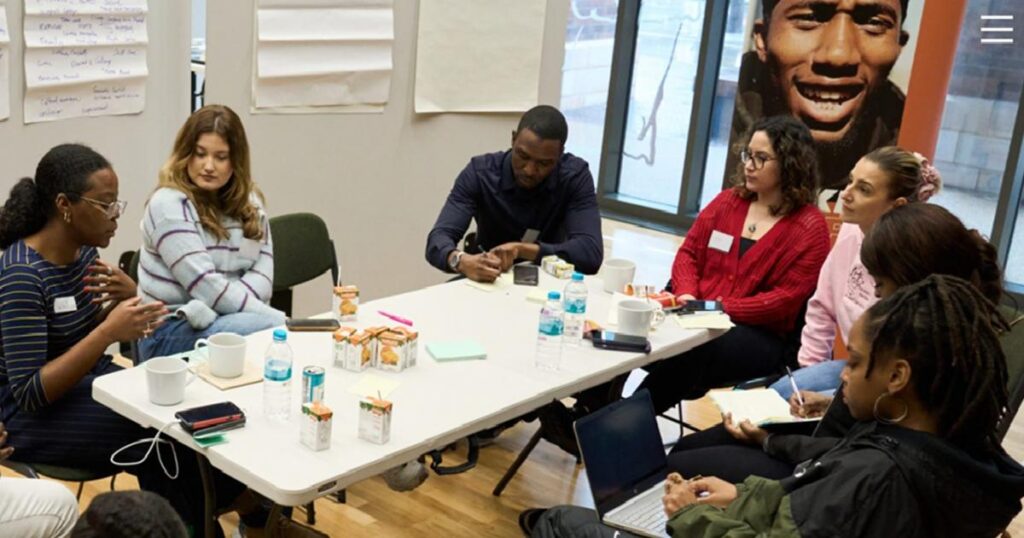The money is being given out by the Future London Foundation, which was set up when Stratford’s Westfield shopping complex and the East Bank neighbourhood were being developed following the 2012 Olympics, to avoid communities feeling they were being sidelined by big business.
Applications are open until August 18 for the final round of the ‘Westfield East Bank’ fund, with four shortlisted teams to get up to £50,000 each.
A public consultation campaign was started last year inviting groups to “start a conversation” about what safe spaces could be for their neighbourhoods.
Now there’s money on the table to put ideas into practice and get them off the ground.
The campaign included a survey of 1,000 people that revealed different communities have varying priorities when it comes to public safety.
So the fund organisers want collaborations that respond to locally-identified needs, rather than prescribing a rigid definition.
“We want to support communities building safer spaces that work for them,” a foundation spokesman explained. “Collaboration means communities sharing ideas to get through the challenges they face.”
Ideas would focus on what communities define themselves as ‘safer spaces’, being the best placed to understand their own needs.
These might include making streets and parks more welcoming, improving street lighting, and helping families towards financial security through jobs.
Money could also be spent on digital safety from online harassment, ‘safe spaces’ for immigrants and refugees without discrimination, inclusion for the gay community, supporting young people leaving care, and education or dealing with environment and climate hazards, and so on.
The Westfield fund is a £10 million five-year investment in communities in east London’s ‘Olympic’ boroughs of Newham, Tower Hamlets, Hackney and Waltham Forest that’s supported by the Stratford City shopping complex.
It aims to “transform lives and careers” by putting resources into people’s hands, helping grassroots bodies to create safer public spaces which is felt they are less likely to achieve on their own.




